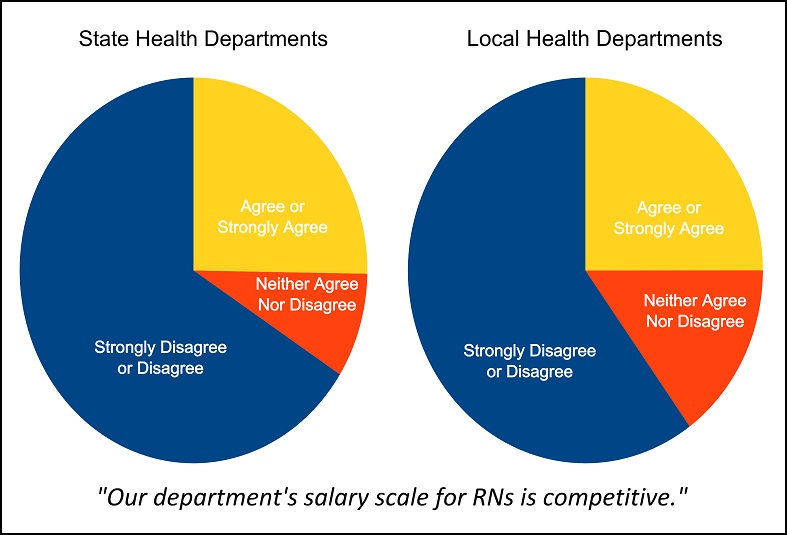

"If you can speak fluent Arabic, you will probably get hired today." Why Foreign-Language Skills Are ImportantĪcross law enforcement, both professional and ad hoc translators are essential. "Within the federal agencies, there's a very, very good market for foreign-language skills," says Tim Apolito, a criminal justice studies professor at the University of Dayton in Ohio. "It serves us well in crime fighting, community relations and in our counterterrorism efforts."įoreign-language skills come in handy across law enforcement, from local department and state forces to federal agencies, where, unlike at the state and local level, fluency alone can get you a job in homeland security, drug enforcement and other areas. "One of the remarkable things about the police department is the depth of foreign-language talent," Police Commissioner Raymond W. The New York City Police Department recently cited more than 80 of its members for their skills in 35 "critical languages," including Dutch, Hindi, Indonesian, Turkish and Yiddish. In other parts of the country, other language skills are important." "Of course, if someone is applying for a border town in Texas, they want to speak Spanish. "Language skills are very important, and it always helps to be bilingual, but it varies from community to community," says Wendy Balazik of the International Association of Chiefs of Police. Paul Police Department has recruited speakers of Hmong, the language spoken by an Asian ethnic group with a considerable presence in the city. The need for specific languages varies greatly by region.

Certificate: We encourage students to explore certificate options in order to enhance their education.Law enforcement organizations say they do not have national statistics on the languages most in demand but note Spanish is clearly the leader.Among the areas of study that you can insightfully integrate with linguistics are anthropology communication theatre speech, language and hearing science computer science education modern languages and sociology. Double major/minor: Because the major has relatively few course requirements, it can easily be combined with a minor or a double major in another field that interests you.The BA/MA program allows students to take advanced courses at an accelerated pace, engage in an independent research project and obtain both degrees in five years. Bachelor’s-accelerated master’s: A combined bachelor's (BA) and master's (MA) degree is offered for highly motivated undergraduate students.Teaching English to Speakers of Other LanguagesĪdditional degree options for linguistic students include:.Sociocultural, Anthropological and Interactional Linguistic.Students can study with our general linguistics major or choose from our four optional tracks: The 5 credit hours must be at the 3000 level or above for widely taught languages (French, German, Latin, Spanish) as well as Greek, or at the 2000 level or above for less widely taught languages (Arabic, American Sign Language, Chinese, Farsi, Hebrew, Hindi, Indonesian, Italian, Japanese, Korean, Norwegian, Portuguese, Russian, Swedish). Complete at least 5 credit hours of a language other than English.Complete a total of 32 credit hours in linguistics and specified related areas, at least 18 of which must be upper-division courses.As a linguistics major, you must fulfill the following requirements:


 0 kommentar(er)
0 kommentar(er)
